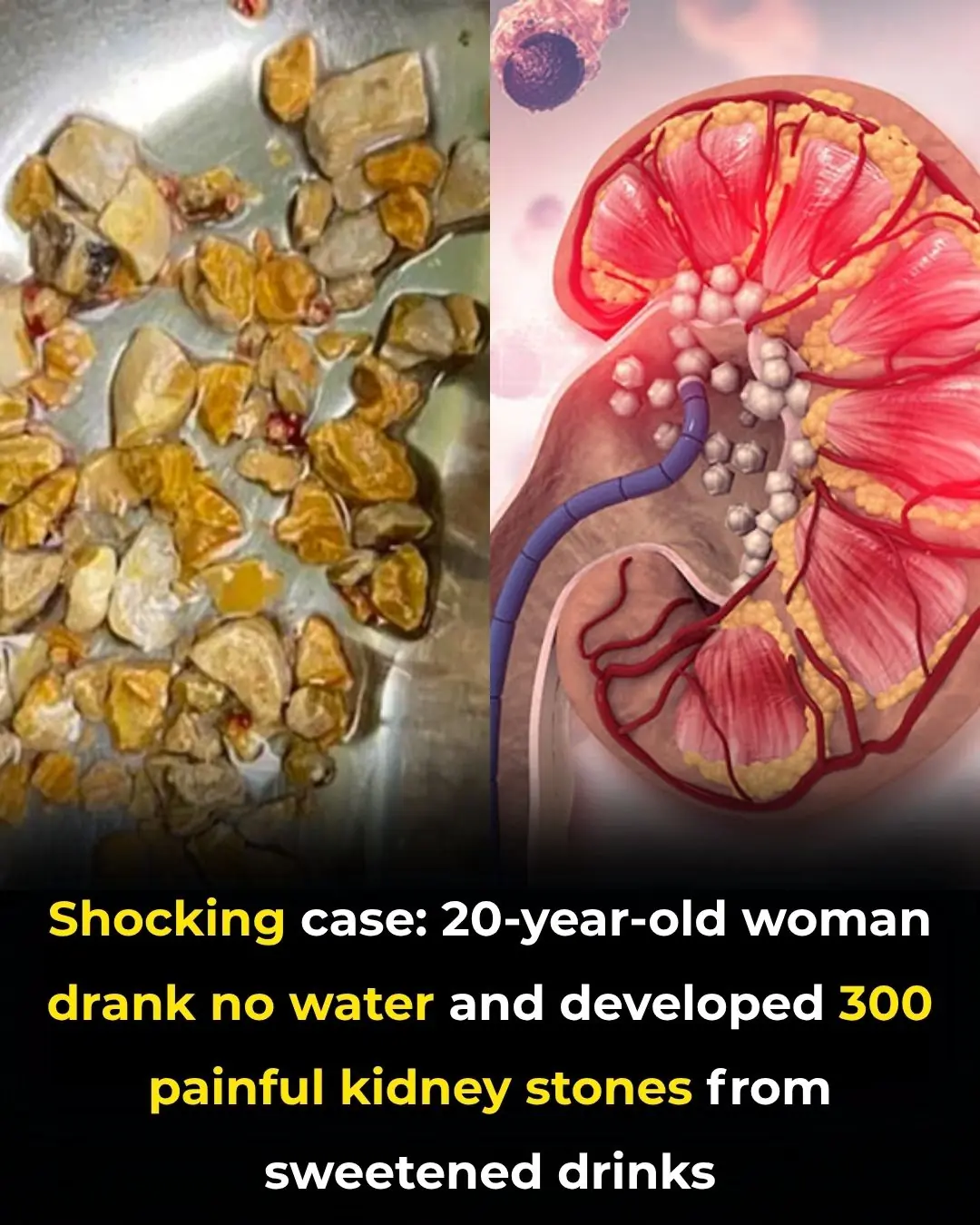
What It Means If You Always Need To Poop Straight After Eating
Doctor Explains What It Means If You Always Need to Poop Right After Eating
If you find yourself rushing to the bathroom almost immediately after a meal, you’re definitely not alone—and there’s a scientific reason behind it. Many people assume the food they just ate shoots straight through their system, but that’s not actually what’s happening. According to physicians, this common experience is linked to a normal digestive response known as the gastrocolic reflex.
What Is the Gastrocolic Reflex?
As outlined by VeryWell Health, the gastrocolic reflex is a natural, built-in mechanism of the digestive system. When you eat, your stomach expands to make room for food. That stretching sends signals to your brain, which then tells your colon to contract. These contractions help move older waste downward so your body has space for incoming food.
Dr. Salhab—the TikTok doctor who popularized this explanation—emphasizes that what you eliminate after a meal is not the food you just consumed. Instead, it’s stool that has been sitting in your colon, made up of previously digested food, water, bacteria, and fiber.
This process is completely normal, and in fact, it’s one of the ways your body keeps digestion flowing smoothly.
Why Some People Feel the Urge More Strongly
While everyone has a gastrocolic reflex, some individuals experience a much stronger version of it. One major contributor is irritable bowel syndrome (IBS). According to the Cleveland Clinic, IBS can cause symptoms such as abdominal pain, constipation, diarrhea, excessive gas, and bloating.
For people with IBS, the colon may become extra sensitive to the signals sent after eating. This results in intense or painful contractions shortly after meals, often causing:
-
sudden urgency
-
cramping
-
loose stools or diarrhea
-
discomfort that improves after a bowel movement
Even certain emotional states—like stress, anxiety, or excitement—can intensify the reflex in people with IBS or sensitive digestive systems.
Common Trigger Foods and Habits
Dr. Salhab notes that some foods can make the gastrocolic reflex more active or irritating. If this reflex is interfering with your daily life, consider reducing or avoiding:
-
carbonated beverages
-
alcohol
-
citrus fruits
-
dairy products (if you’re lactose-sensitive)
-
fried or greasy foods
-
spicy dishes
-
artificial sweeteners (which can cause bloating or diarrhea)
Eating large meals quickly can also overstimulate the reflex. For some people, even drinking cold beverages or morning coffee can trigger an immediate urge due to their stimulating effects on the colon.
How to Manage or Reduce Symptoms
The good news is that the gastrocolic reflex can often be controlled with lifestyle changes. Some helpful strategies include:
-
eating smaller, more frequent meals
-
slowing down and chewing food thoroughly
-
limiting known trigger foods
-
increasing soluble fiber (like oats, bananas, and chia seeds)
-
managing stress through breathing exercises, yoga, or short walks
-
staying hydrated to support smooth digestion
If symptoms are severe, persistent, or accompanied by weight loss, blood in the stool, or nighttime diarrhea, a healthcare provider may recommend tests for IBS, food intolerances, or other digestive conditions.
The Bottom Line
Needing to poop right after eating isn’t usually a sign of a serious problem—it’s most often a healthy digestive reflex at work. The gastrocolic reflex helps your body clear out old waste to make room for new food. However, if the urge is unusually intense or disruptive, especially after certain foods, consulting a doctor can help identify underlying sensitivities such as IBS.
News in the same category

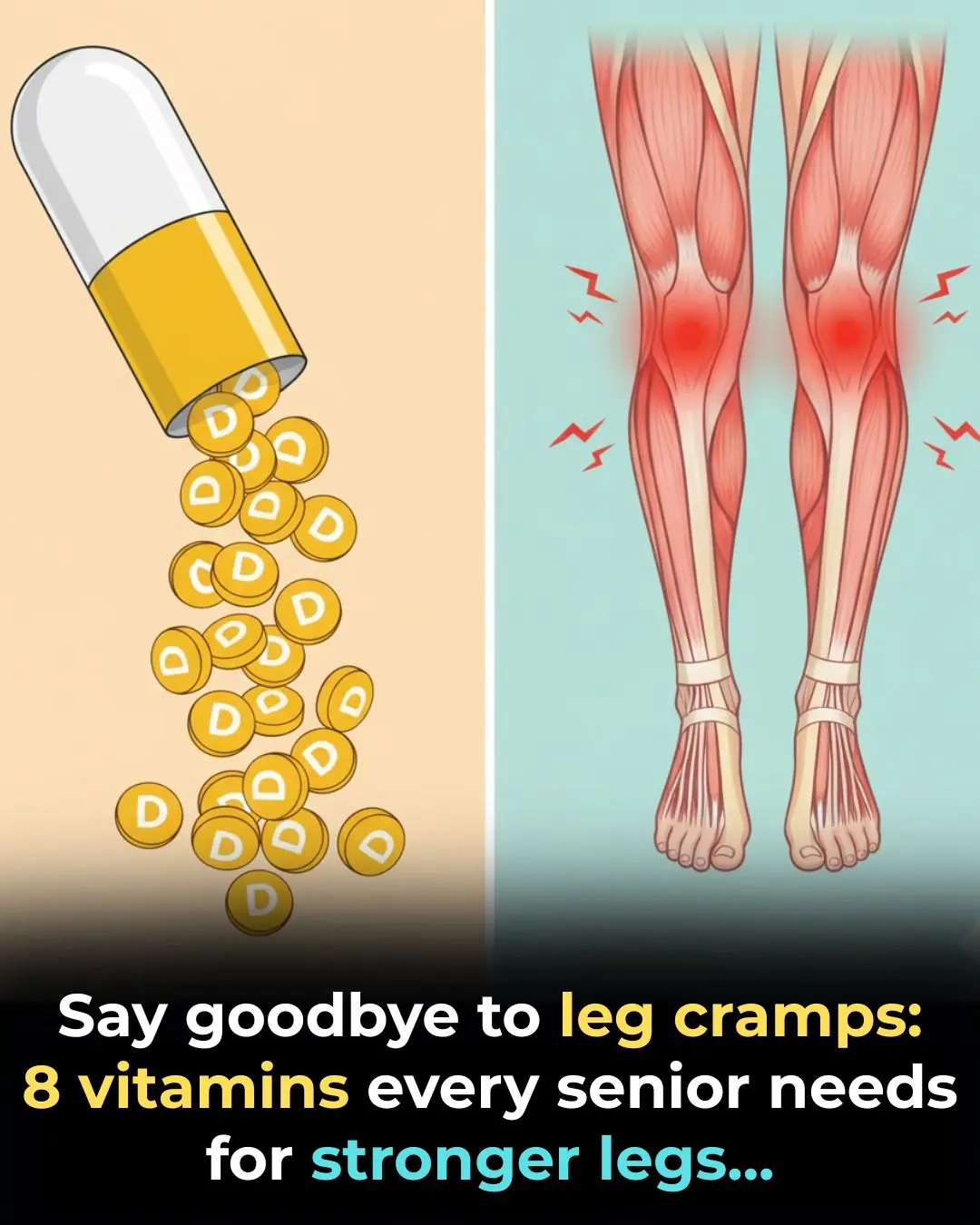
Vitamins Every Senior Needs for Stronger Legs
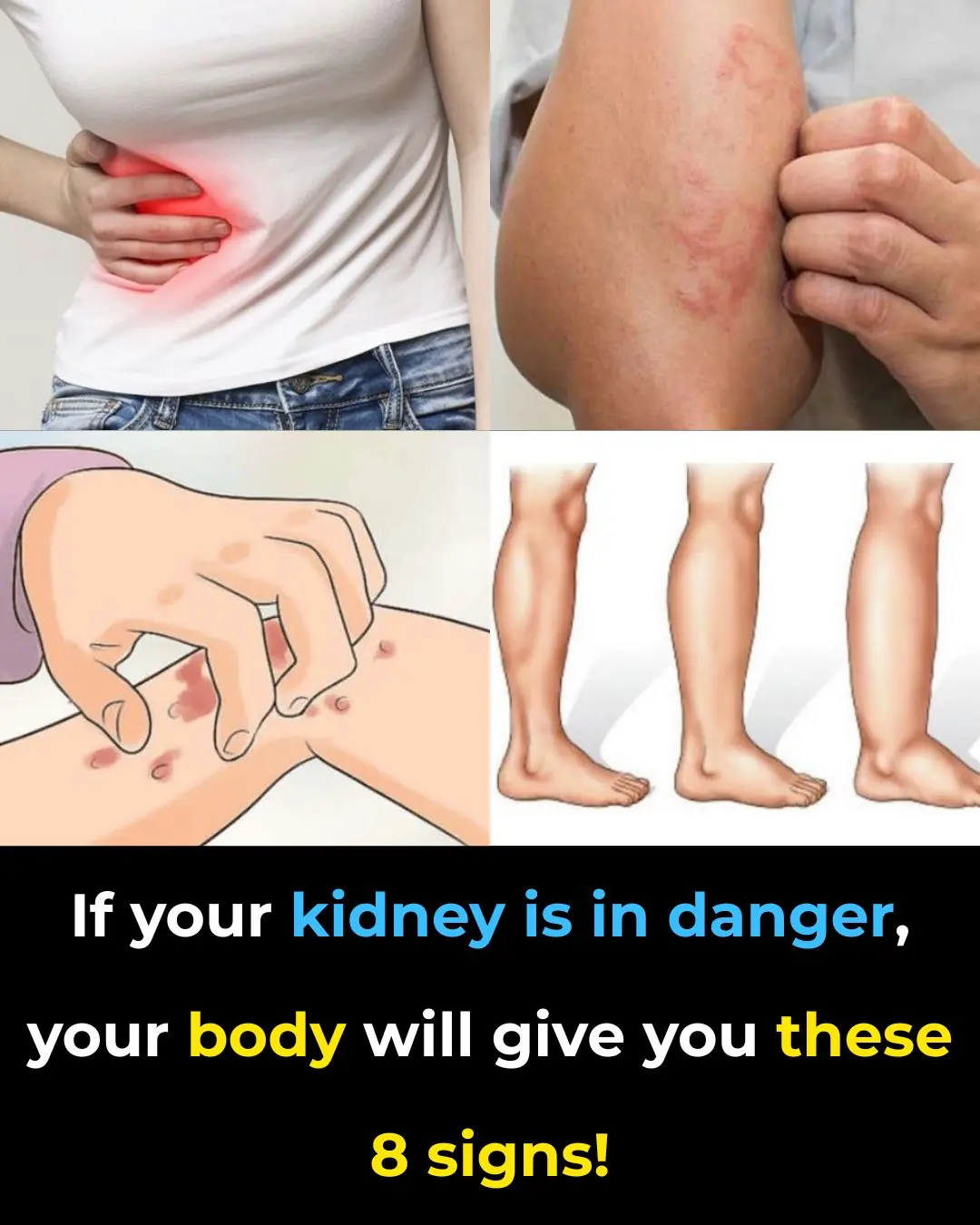
🩺 If Your Kidneys Are in Danger, Your Body Will Warn You With These 8 Signs
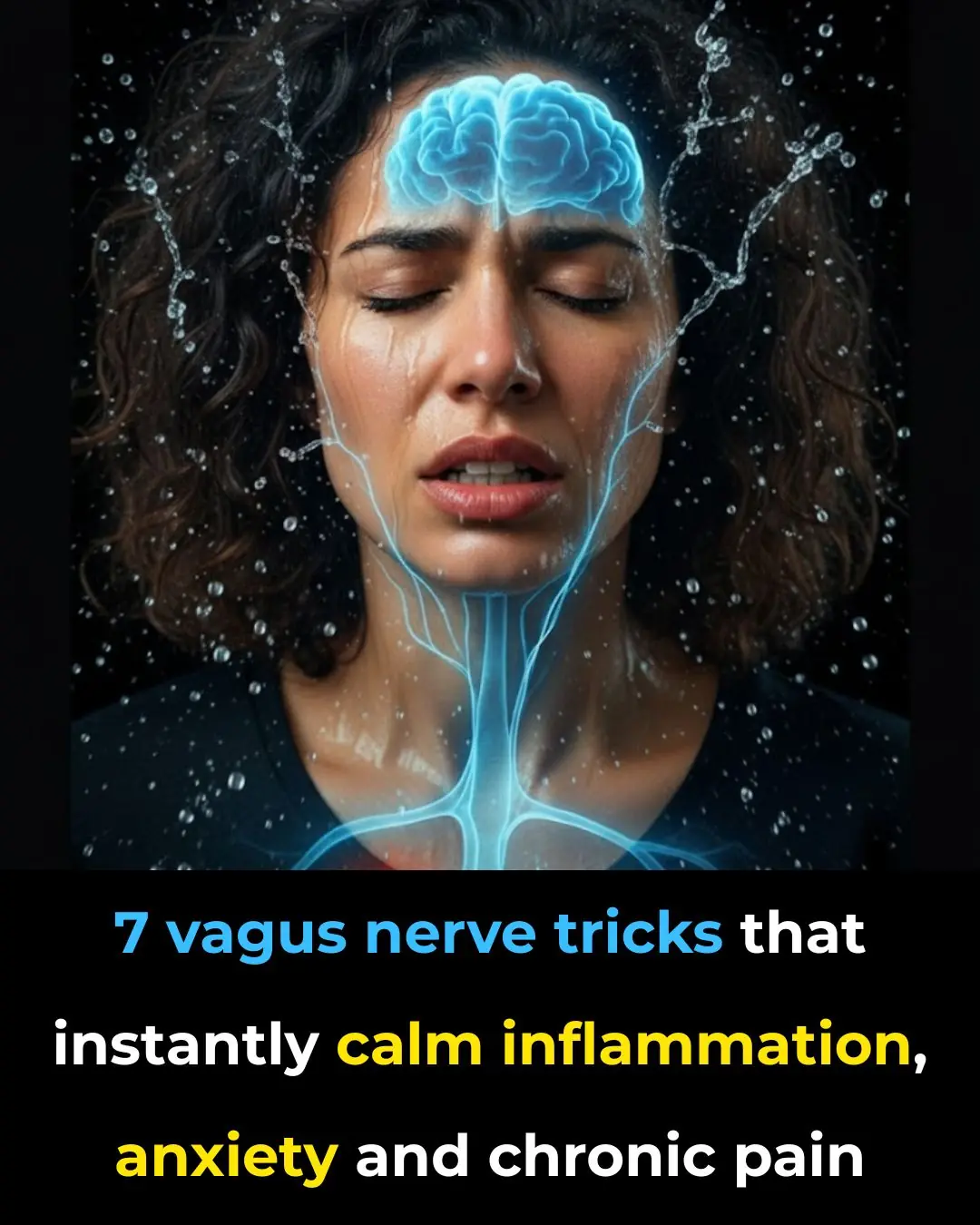
7 Ways To Instantly Stimulate Your Vagus Nerve To Fight Inflammation, Depression And Migraines
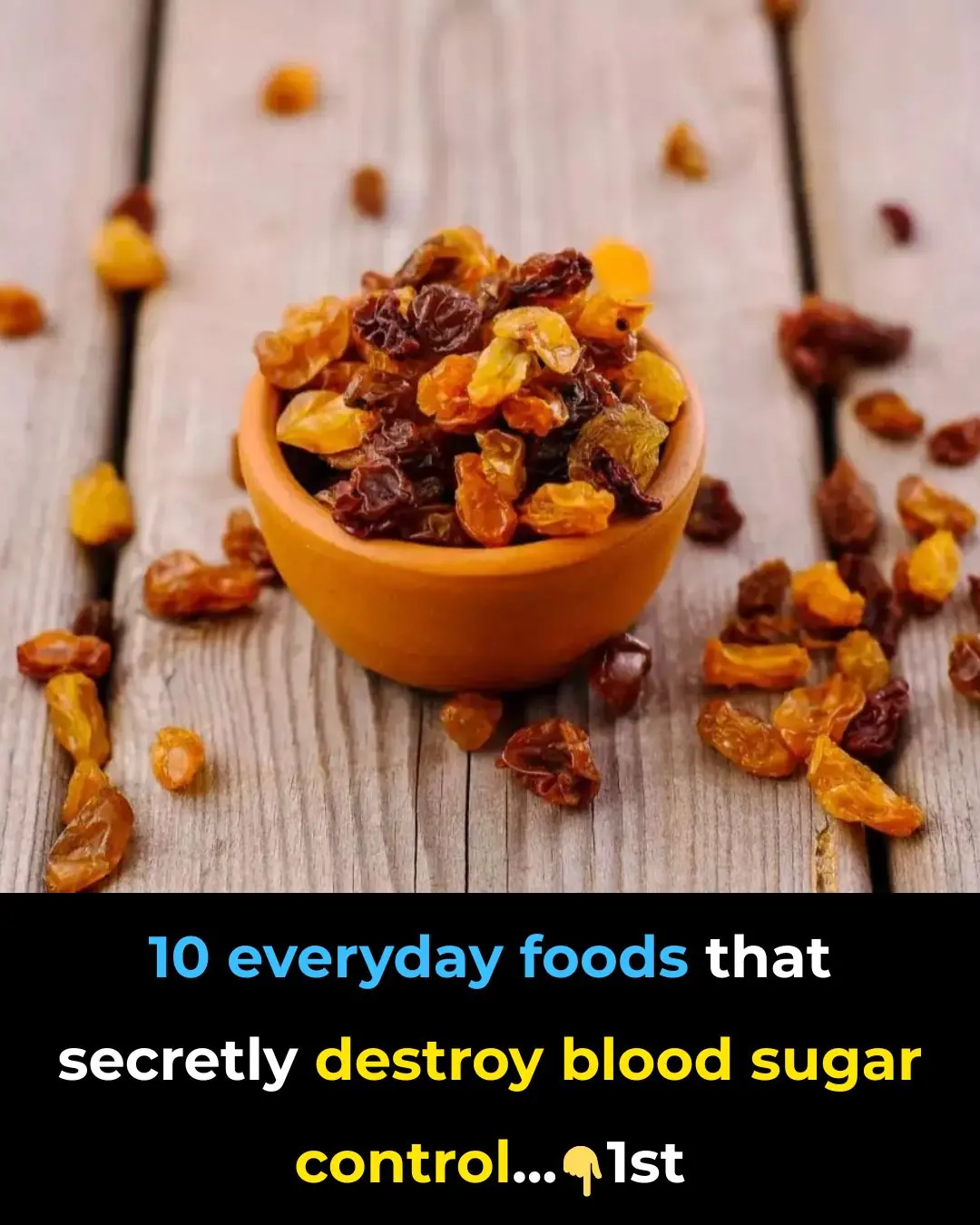
10 Worst Food for Diabetics: Top Foods to Avoid
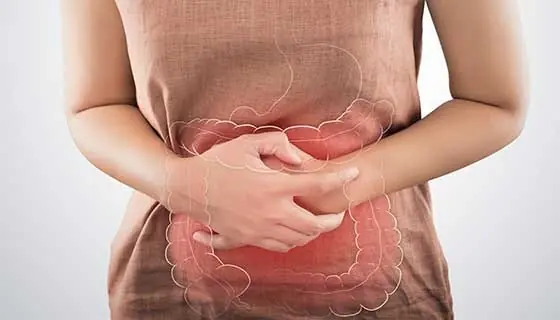
HERE’S HOW TO QUICKLY EMPTY YOUR BOWELS AND END CONSTIPATION
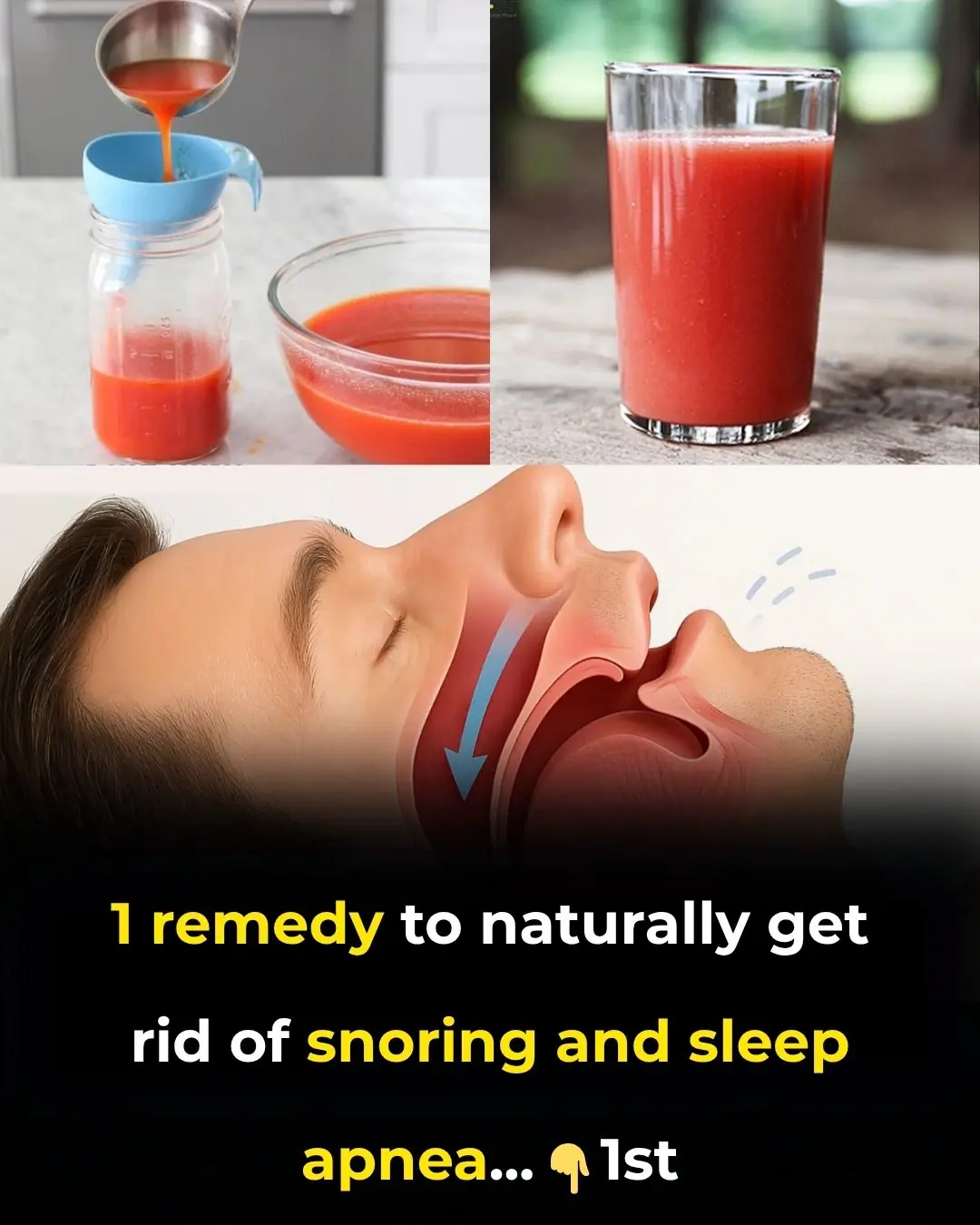
1 Remedy to Naturally Get Rid of Snoring and Sleep Apnea
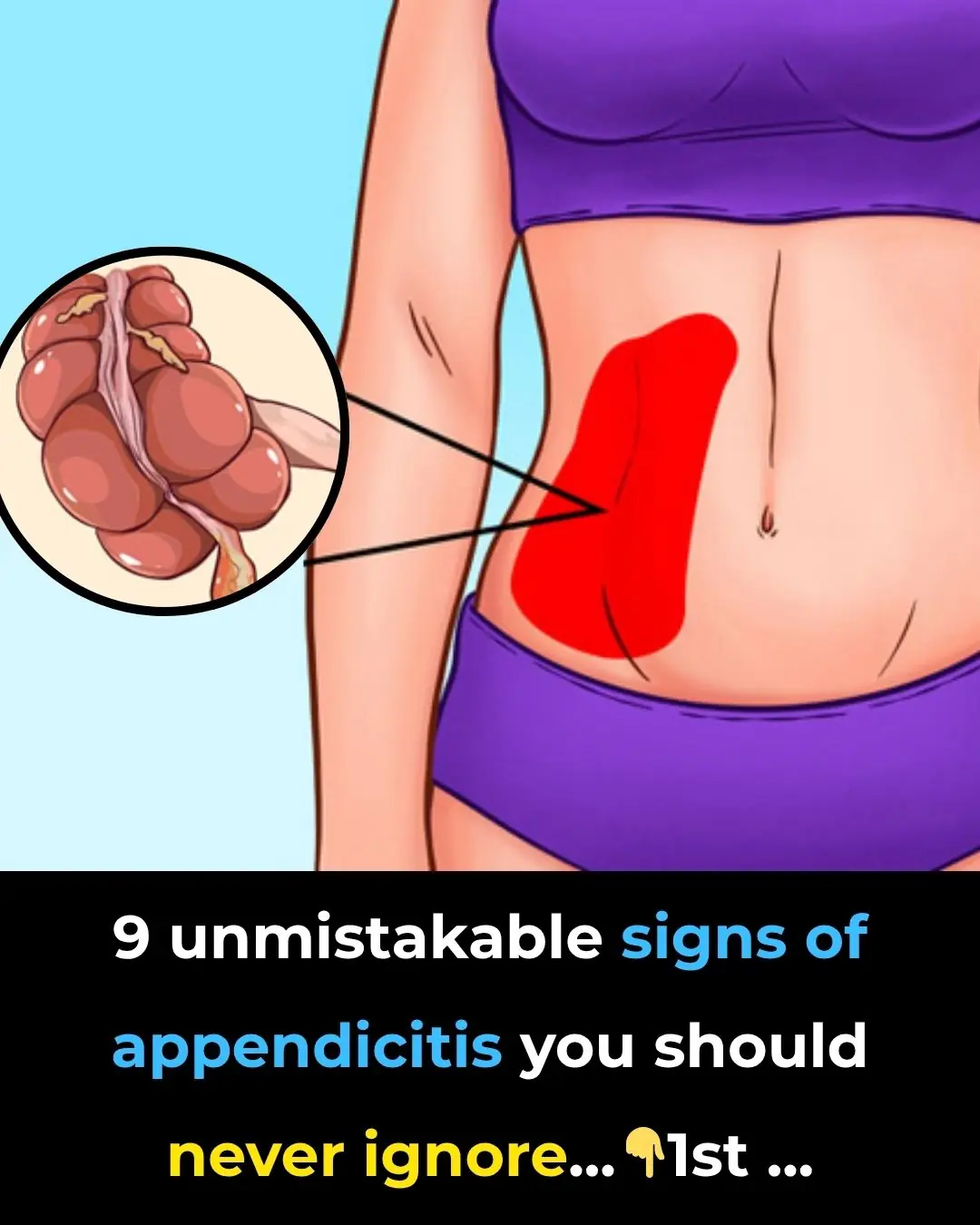
9 Unmistakable Signs Of Appendicitis You Should Never Ignore

The Hot Spoon Hack for Mosquito Bites
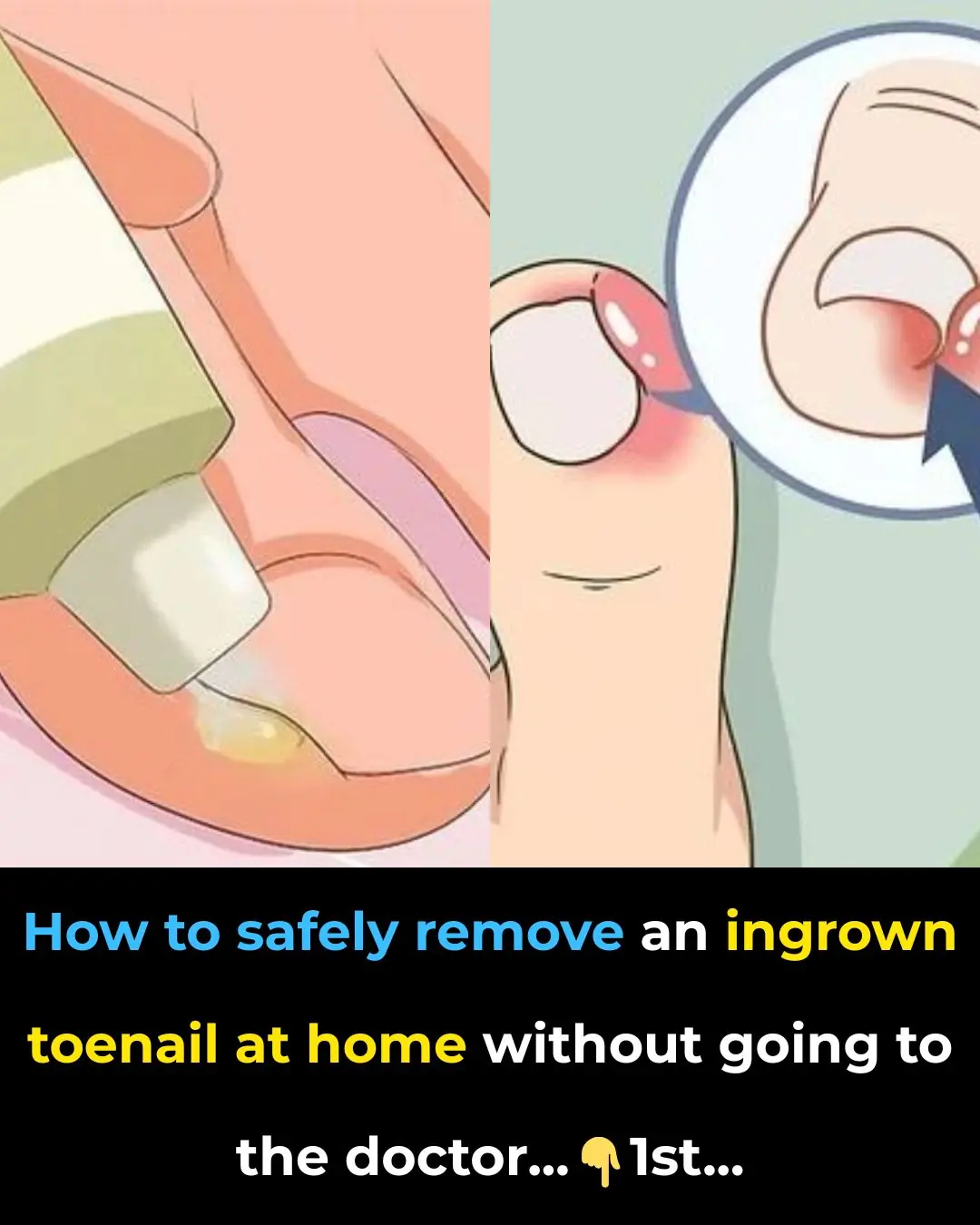
How to Effectively Remove a Painful Ingrown Toenail WITHOUT Having To Go To The Doctor
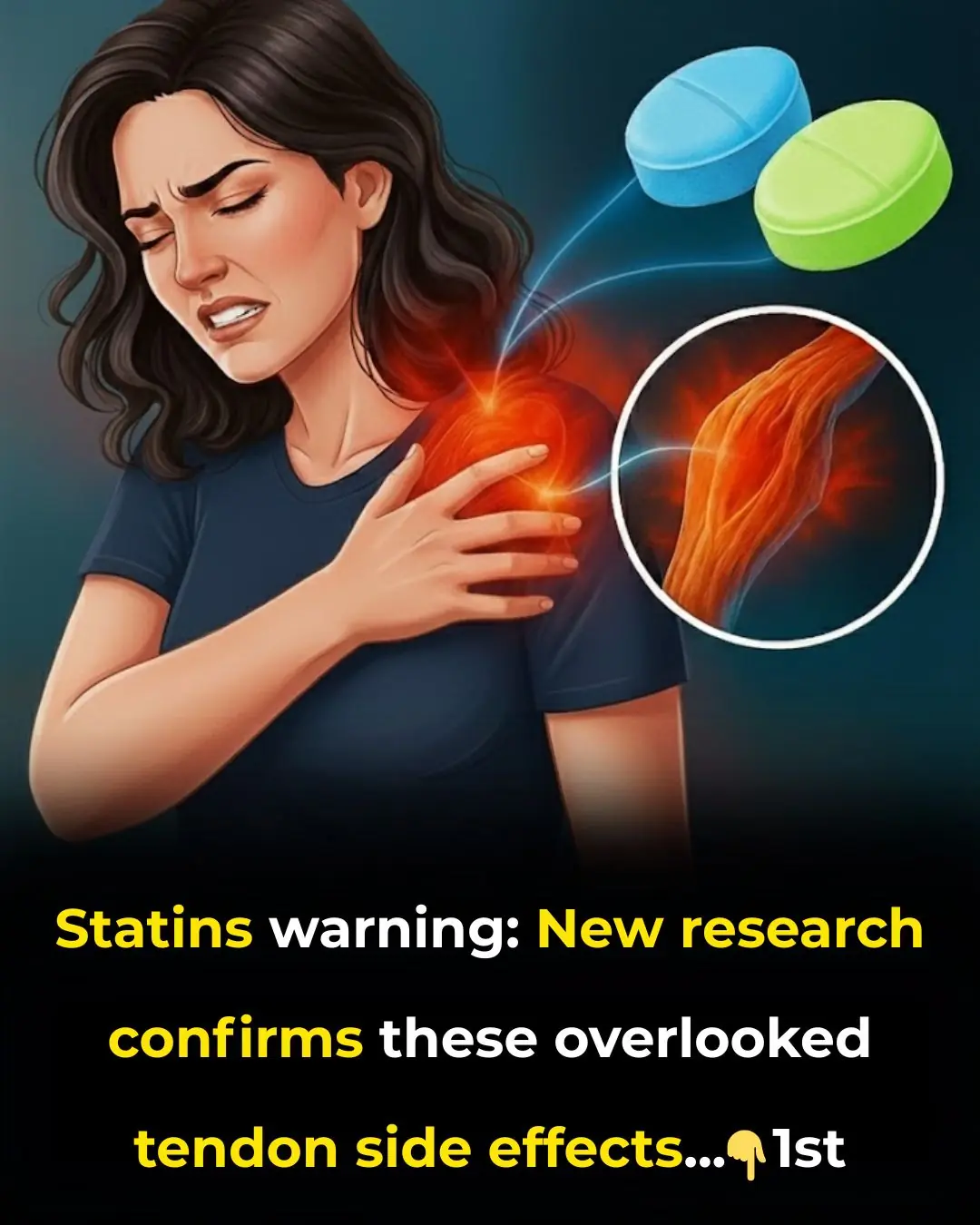
Statins warning: new research confirms these harmful side effects
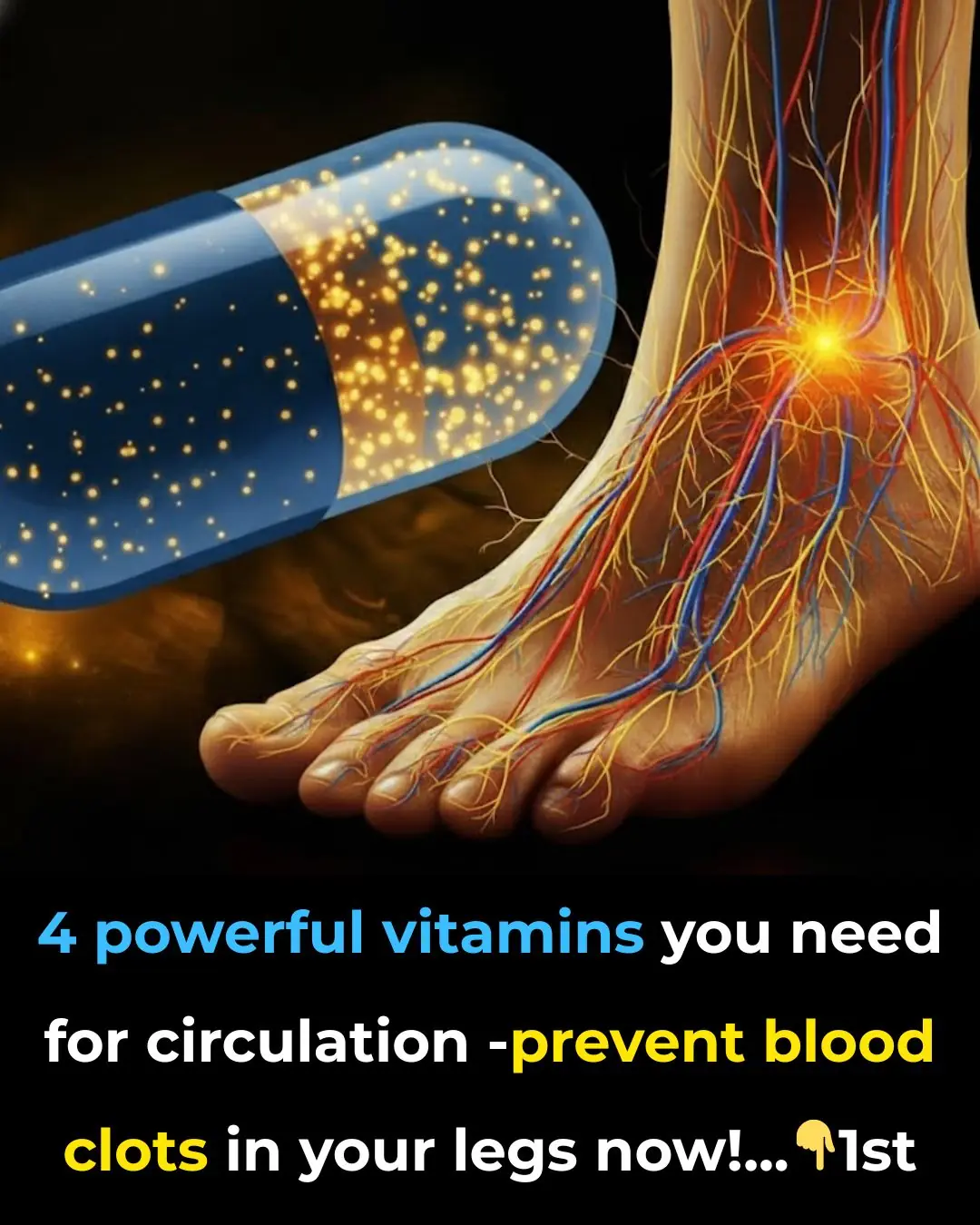
4 powerful vitamins you need for circulation – prevent blood clots in your legs now!
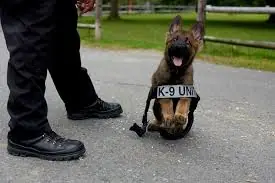
Too Friendly for Police Work, Perfect for Your Home: Adopt Former Service-Dog Trainees
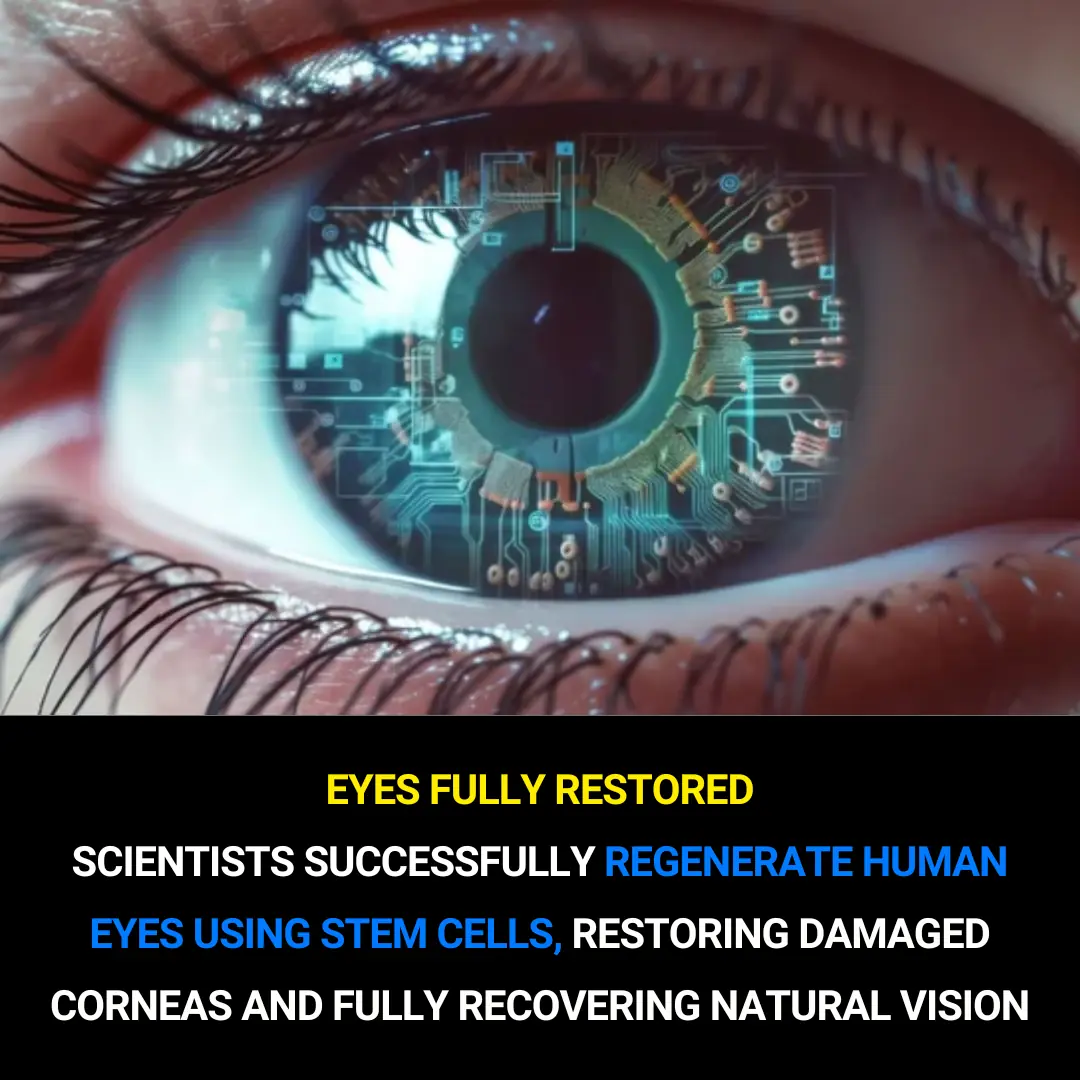
Stem Cell Breakthrough Restores Natural Vision by Regenerating Damaged Corneas
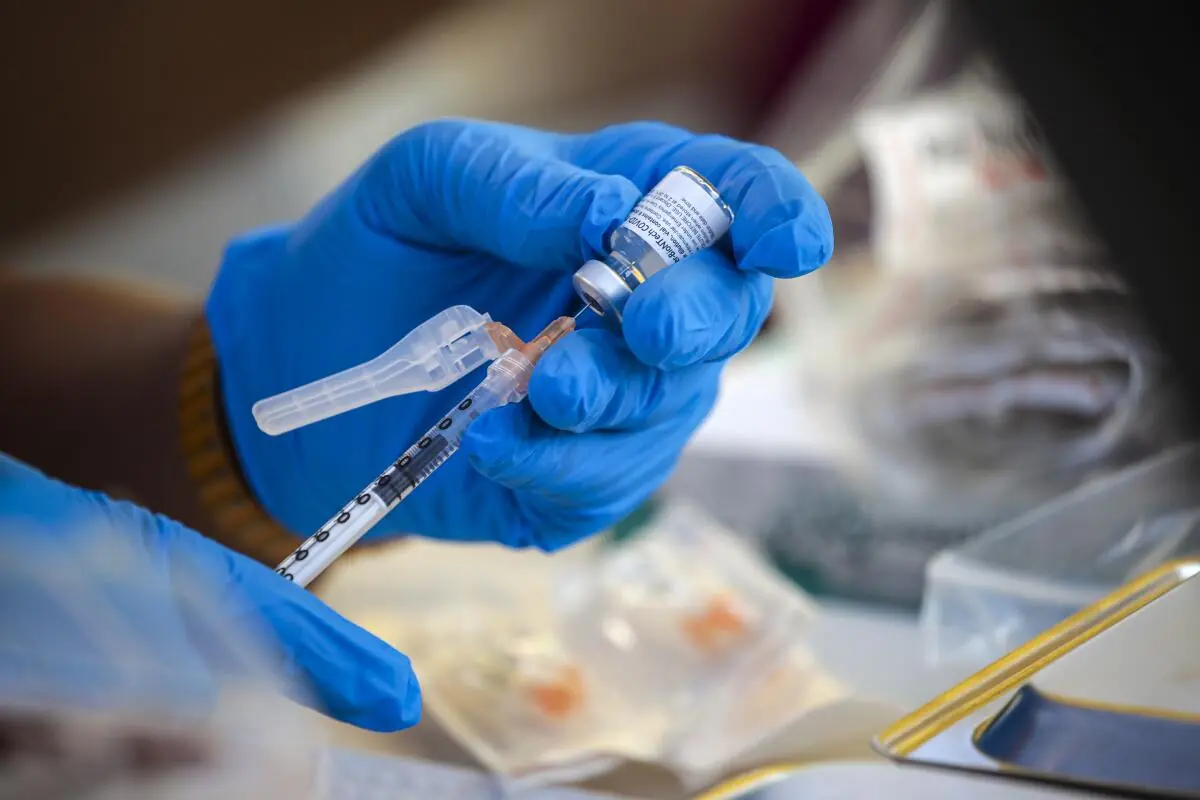
COVID-19 Infection Poses Far Greater Health Risks Than Vaccination – New Large-Scale Study Confirms
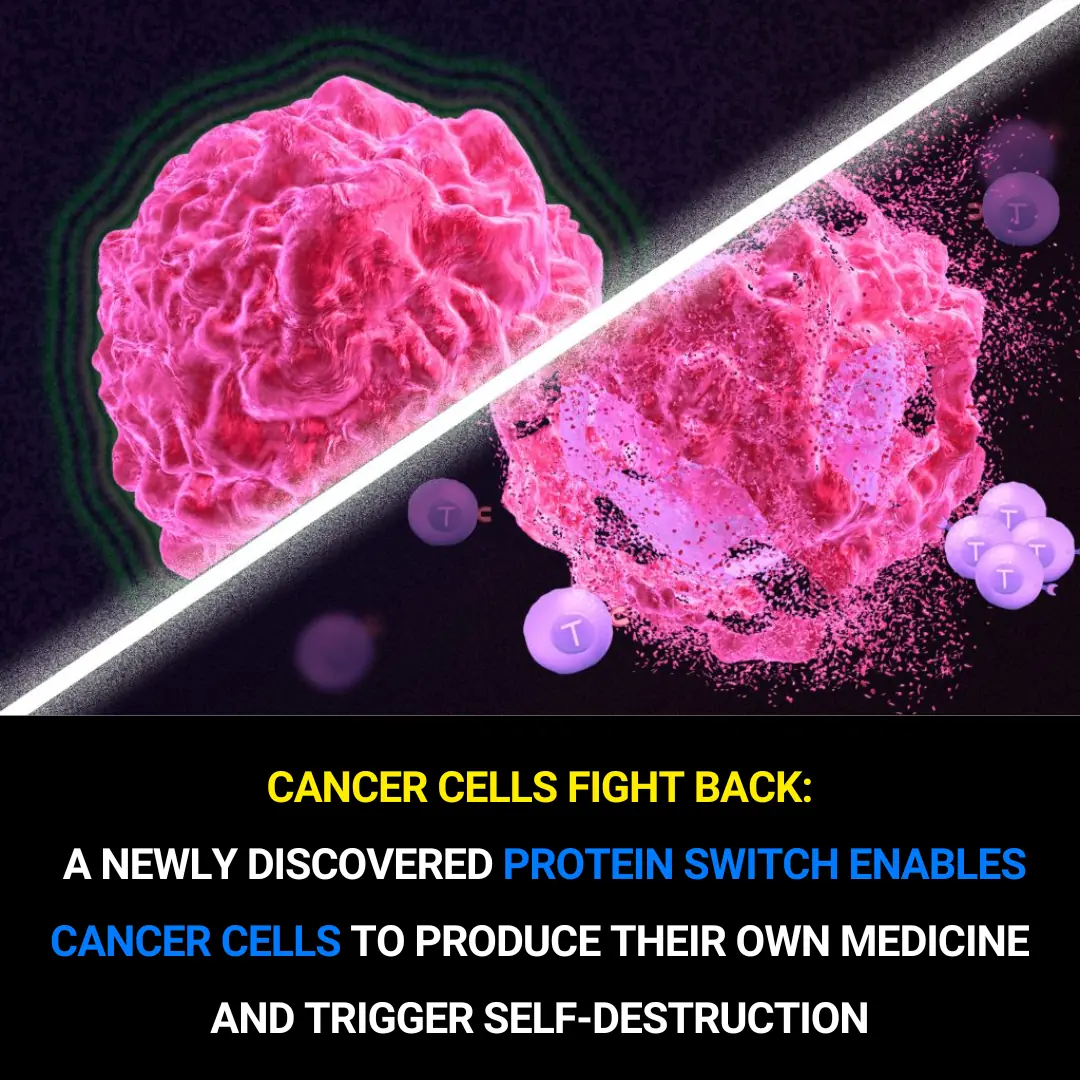
A Newly Discovered Protein Switch Could Transform Cancer Treatment
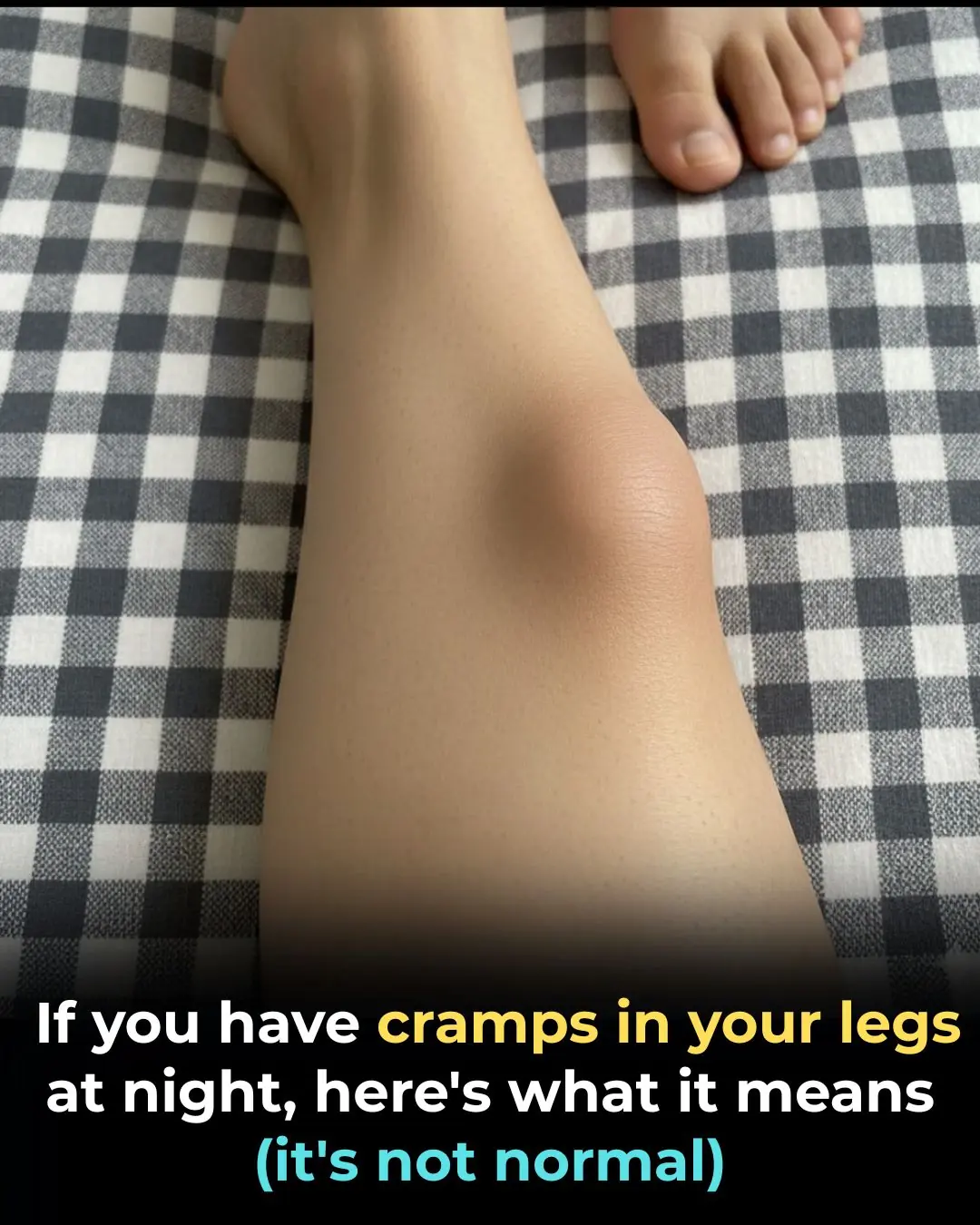
When Nighttime Leg Cramps Become a Concern
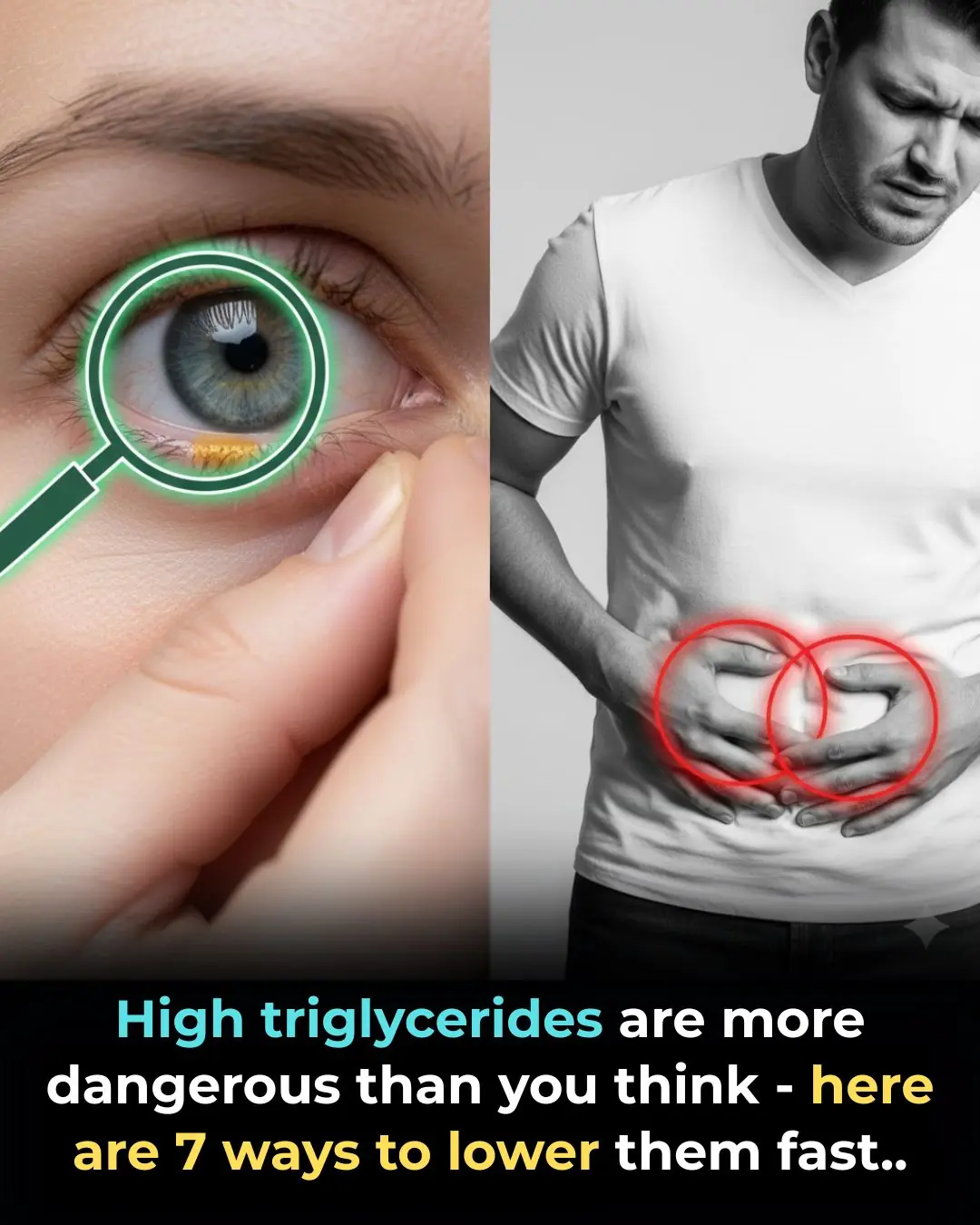
7 tips to eliminate dangerous blood fat
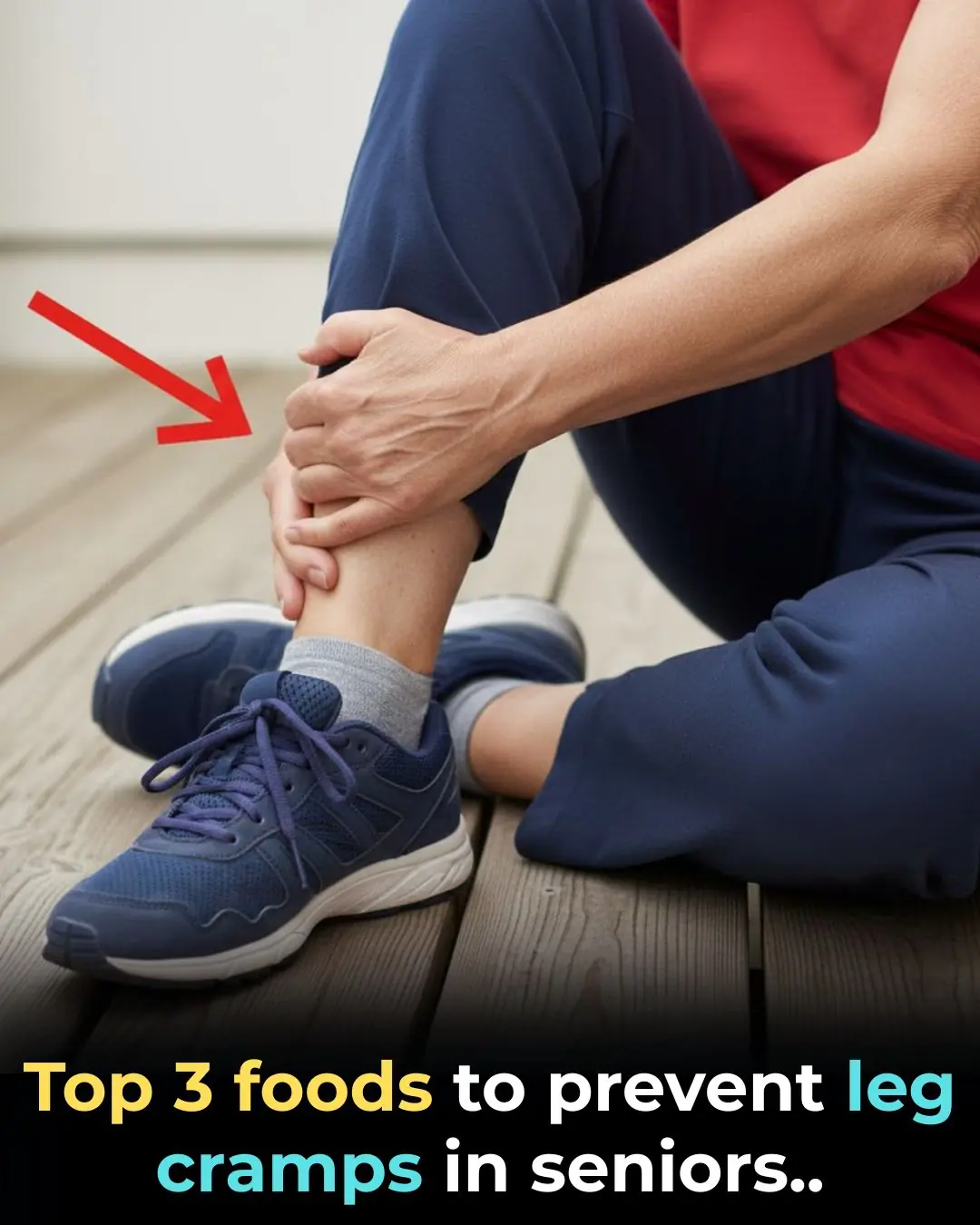
Top 3 Foods to Prevent Leg Cramps in Seniors: Strengthen Your Legs Naturally!
News Post

Vitamins Every Senior Needs for Stronger Legs

🩺 If Your Kidneys Are in Danger, Your Body Will Warn You With These 8 Signs

7 Ways To Instantly Stimulate Your Vagus Nerve To Fight Inflammation, Depression And Migraines

10 Worst Food for Diabetics: Top Foods to Avoid

HERE’S HOW TO QUICKLY EMPTY YOUR BOWELS AND END CONSTIPATION

Masterful Painting Of Jesus By 8-Year-Old—Says She Saw The True Face Of Jesus

1 Remedy to Naturally Get Rid of Snoring and Sleep Apnea

Unlock Radiant Skin: Your Comprehensive Guide to Homemade Flaxseed Gel

Can You Really Reverse Grey Hair? The Truth Behind Natural Remedies and Modern Treatments

Homemade Vitamin C Serum: Your DIY Secret for Clear, Radiant Skin
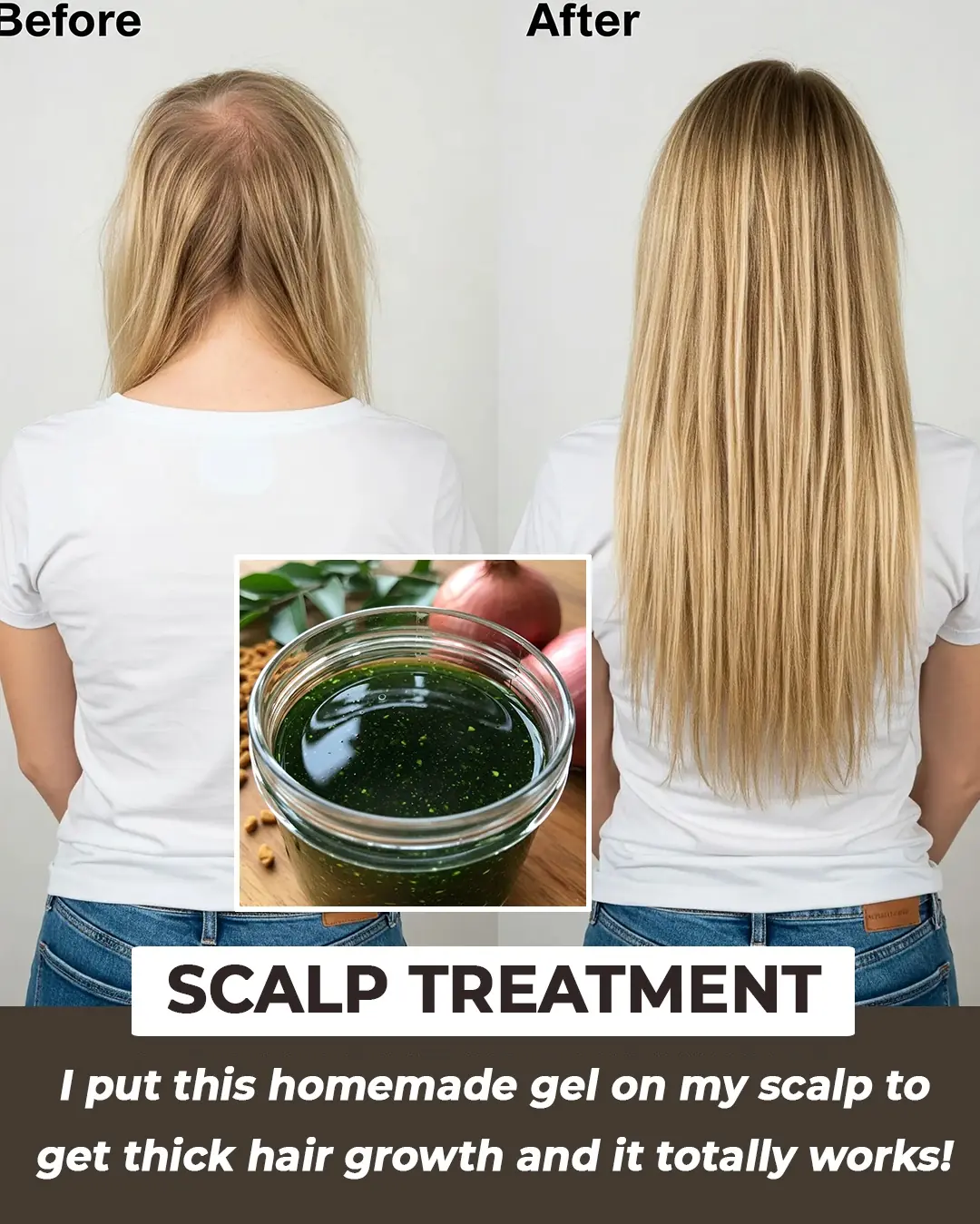
Homemade Tonic For Thick Hair Growth

Richard Gere reveals what he misses most after ditching the US for Europe
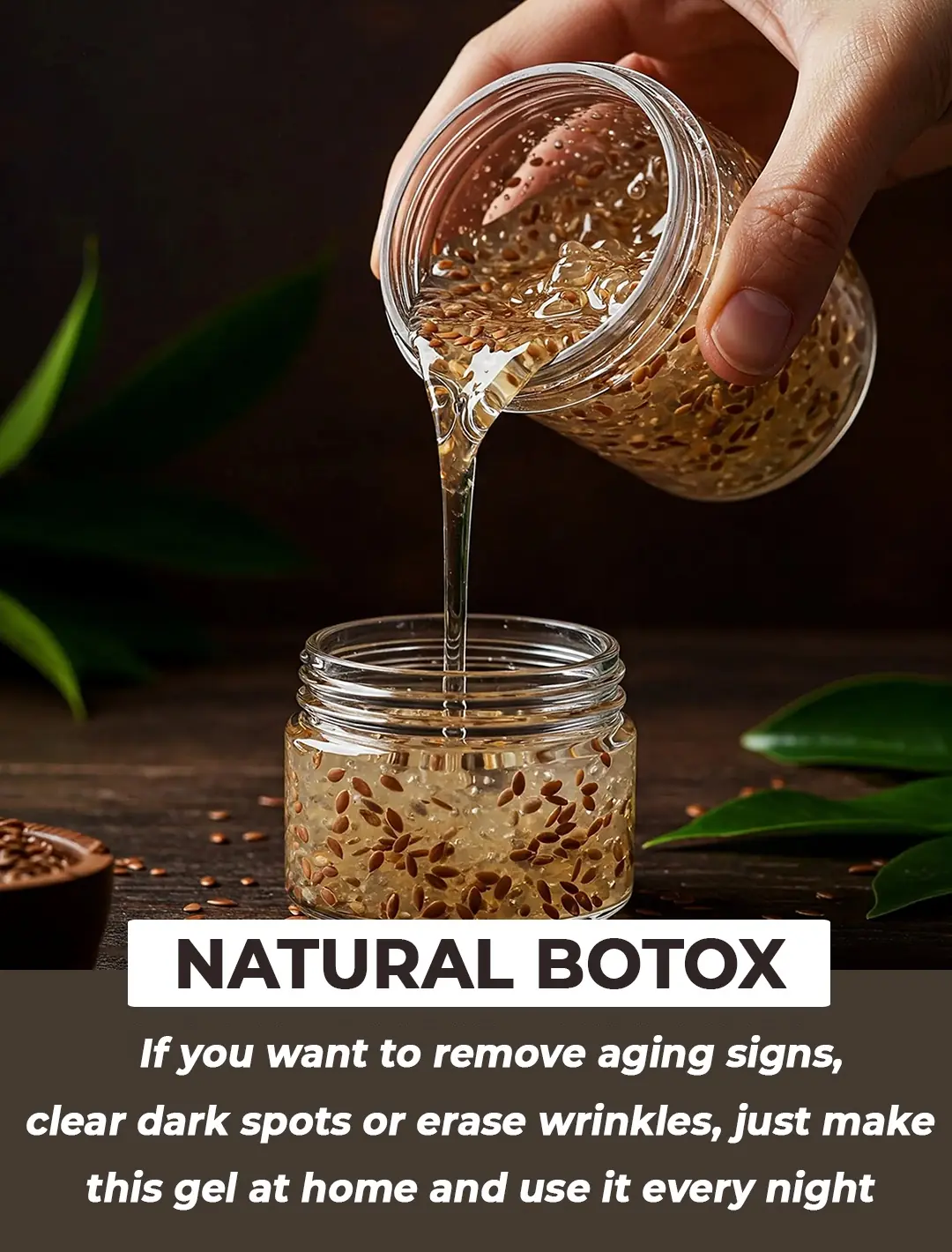
Flaxseeds Gel Night Cream To Prevent Early Signs Of Aging

Best Anti-Ageing Cream with Vaseline and Tomato

The Ultimate Guide to Dark Lips Treatment at Home: A Simple 3-Step Routine for Pigmented Lips
How to use Onion juice & Onion Hair Oil for Hair Growth – Onion Benefits for Hair

A Complete Facial with Fuller’s Earth Powder: The Ultimate Skincare Routine

Rice Water for Skin | DIY Toner Benefits to Remove Dark Spots & Shrink Large Pores
